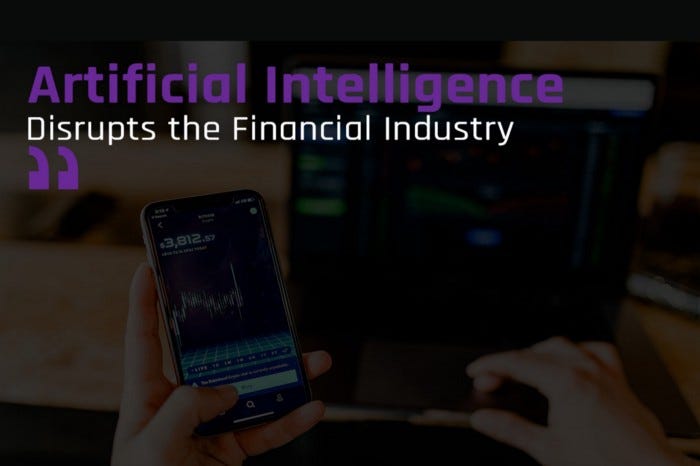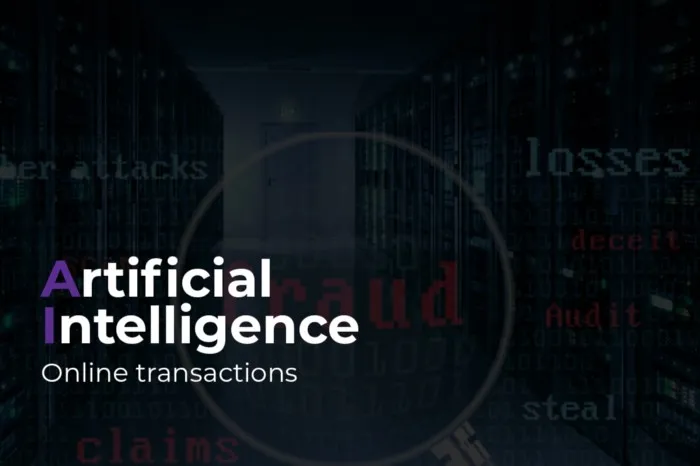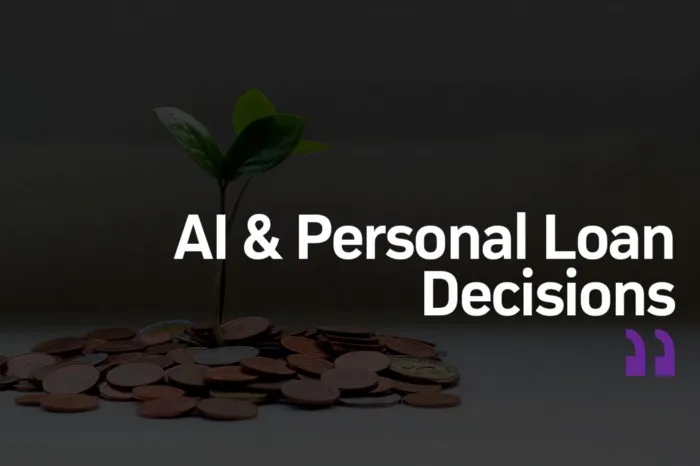
Balancing the Scales: Weighing the Advantages and Risks of Central Bank Digital Currency
Imagine a world where money exists solely as digital code, and transactions are lightning-fast, low-cost, and secure. This could be the reality with the widespread implementation of Central Bank Digital Currency (CBDC), a new form of money that is being actively explored by central banks around the world. While the concept of digital currency is not new — cryptocurrencies like Bitcoin and Ethereum have been around for years — CBDCs are unique in that they are issued and regulated by central banks, creating a digital representation of a country’s national currency.

A Paradigm Shift in the Blockchain Universe. Embracing Proof-of-Stake as the New Norm
As we gaze into the future of blockchain technology, one can’t help but imagine a world where energy efficiency, decentralization, and scalability become the hallmarks of digital currency networks. As Proof-of-Work (PoW) consensus mechanisms, which have powered cryptocurrencies like Bitcoin for over a decade, face increasing scrutiny over their environmental and economic sustainability, it seems inevitable that Proof-of-Stake (PoS) and its variants will take center stage in the coming years. But what will this paradigm shift mean for the blockchain ecosystem and the future of digital currencies?
Continue reading
Proof-of-Stake Economics: A Sustainable and Cost-Effective Alternative to the Proof-of-Work Model
The cryptocurrency market has experienced exponential growth over the past decade, with an increasing number of digital assets and blockchain networks emerging worldwide. However, as the market evolves, concerns about the environmental and economic sustainability of the predominant consensus mechanism, Proof-of-Work (PoW), have intensified. As a result, alternative mechanisms such as Proof-of-Stake (PoS) have gained traction, with major cryptocurrencies like Ethereum shifting from PoW to PoS (Technology Review, 2023).
Continue readingRecent posts

How AI Impacts Our Personal Money and Finance
There are fewer topics people like to avoid more than personal finance. We get uncomfortable talking about money for all kinds of reasons. It could be because we’re embarrassed to be in debt or because we don’t want to make people feel bad for how much money we make.
Continue reading
A Multi-Channel Approach to Using AI in Finance
Artificial Intelligence (AI) has already made a significant impact in the world of finance as more banks recognize the value it brings for their bottom line and their customer’s safety. It will continue to do so as new technologies emerge.
Continue reading
Artificial Intelligence Disrupts the Financial Industry
Artificial Intelligence (AI) chess gamers and poker players have already proven they could beat human masters. What’s to stop AI from doing the same with financial markets? What happens when AI becomes a portfolio player?
Continue reading
How Artificial Intelligence Improves Online Transactions
Online payments are set to increase 11% per year between 2015 and 2020 according to a report from Cap Gemini & BNP Paribas. Companies that accept online payments and transactions are forced to face users’ concerns about accuracy and fraud. PayPal and QuickBooks, for example, have added an extra layer of security protection to their login process. They text an access code to the phone number a user has on record in their account; which identifies the person who is in possession of the phone as the account holder. This is a great enhancement, but it is does not use the more sophisticated solutions companies should be looking to implement using Artificial Intelligence (AI).
Continue reading
How AI Impacts Personal Loan Decisions?
Artificial Intelligence (AI)-driven lending practices are gaining visibility and credibility. AI tools used with machine learning can analyze more data for a more accurate answer to loan requests. Lenders using new AI systems can evaluate bank account balances calculated with purchase history, social media habits, and utility payments to determine a person’s creditworthiness.
Continue readingAbout
A blog about AI and technology typically covers the latest advancements in artificial intelligence, cyber security, robotics, and other cutting-edge technologies.